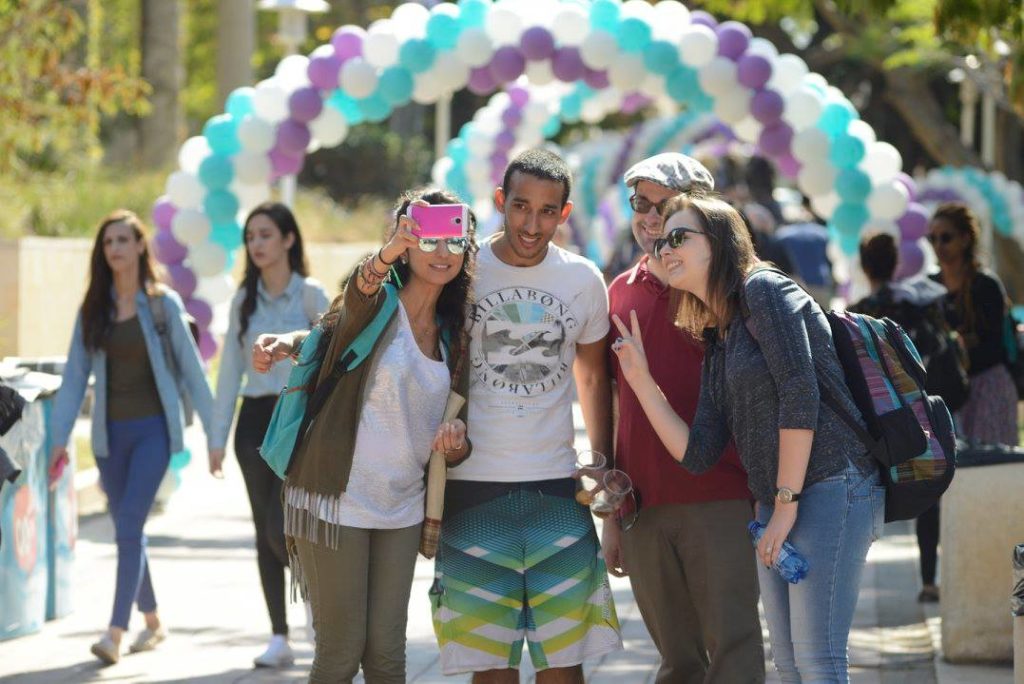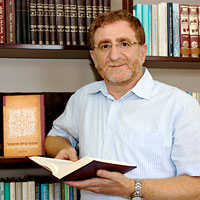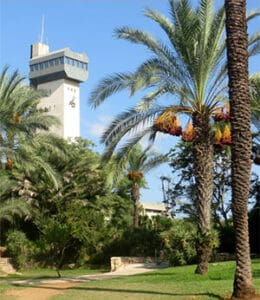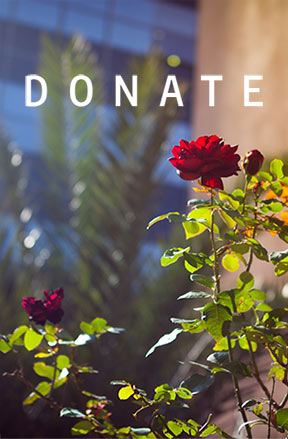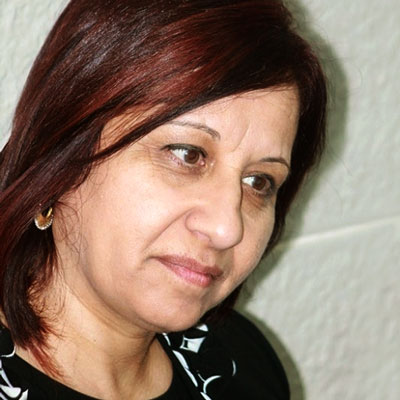 As a certified family and couples therapist in her native Nazareth, and a lecturer and Dean of Students at Sakhnin Academic College, Dr. Amal Fahoum-Taha is an agent of change in Israel’s Arab sector. With a PhD in psychology from BIU and training in its Psycho-Cardiology Lab, she is making her mark, serving as a model for young Arab women.
As a certified family and couples therapist in her native Nazareth, and a lecturer and Dean of Students at Sakhnin Academic College, Dr. Amal Fahoum-Taha is an agent of change in Israel’s Arab sector. With a PhD in psychology from BIU and training in its Psycho-Cardiology Lab, she is making her mark, serving as a model for young Arab women.
Growing up in a modern, middle-class family, Fahoum-Taha enrolled at BIU for a PhD after obtaining a BSW from Hebrew U and a master’s degree from the U of Haifa, where she focused on how Muslim men and women cope with divorce. At BIU “I wanted to continue to explore the relationship between couples and their families.” Her research examined differences in rehabilitative behavior between Arab and Jewish cardiac patients. Her study found only one significant difference — Jewish spouses, as compared to their Arab counterparts, actively supported their husbands’ efforts to quit smoking. She believes that this finding has implications for Arab society, with its high percentage of smokers, and reflects on relationships, and particularly the wife’s status in Arab families.
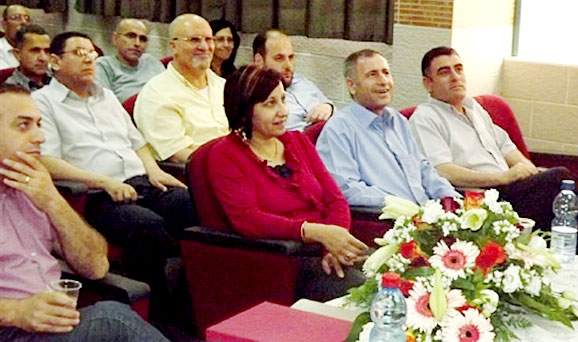 At Sakhnin College, Fahoum-Taha is an agent of social change. “I have taught about violence in early childhood, parenting preschoolers, group facilitation, interpersonal communication, adolescence, and more. I bring the theory and insights that I’ve accrued as a social worker. All of this helps me to change the attitudes of students.” Most of her students are young women who come to college right after high school. “They hardly know the world beyond their immediate surroundings, and often come to register with their father, fiancé or husband. It is important for me to expose them to the world at large.”
At Sakhnin College, Fahoum-Taha is an agent of social change. “I have taught about violence in early childhood, parenting preschoolers, group facilitation, interpersonal communication, adolescence, and more. I bring the theory and insights that I’ve accrued as a social worker. All of this helps me to change the attitudes of students.” Most of her students are young women who come to college right after high school. “They hardly know the world beyond their immediate surroundings, and often come to register with their father, fiancé or husband. It is important for me to expose them to the world at large.”
Fahoum-Taha seeks “to first improve the status of Arab women in their own eyes so that they can recognize their strengths; then in the immediate family; and finally in society as a whole.” Change will not come quickly, she observes, as there are many social issues that stand in the way, including “the rise in violence in political and social-economic life in Israel.” In addition, she notes that “more than 50 percent of Arab families live below the poverty line,” and there is a high unemployment rate among women — even those who are educated. Many Arab women work in remote places, and have to contend with inadequate public transportation. “The woman is therefore away from home for a long time, and cannot meet the expectations of child rearing and family care.” It is particularly difficult for those residing in the periphery. “If she doesn’t have financial resources and her family’s support, she has no chance to advance.”
Fahoum-Taha, who supports her daughters’ academic education abroad, encourages her students to work hard to fulfill their dreams. “One project that I worked on last year dealt with empowering women in the education system. I took my students to meetings in Jewish and Arab schools and asked them to submit a log. From their accounts it was evident that these women were exposed to a world that they were previously not familiar with. I proved to them that things are not always as they seem.”
With her extensive academic and professional experience, BIU alumna, Dr. Fahoum-Taha is indeed facilitating positive change in Israel’s Arab sector.


